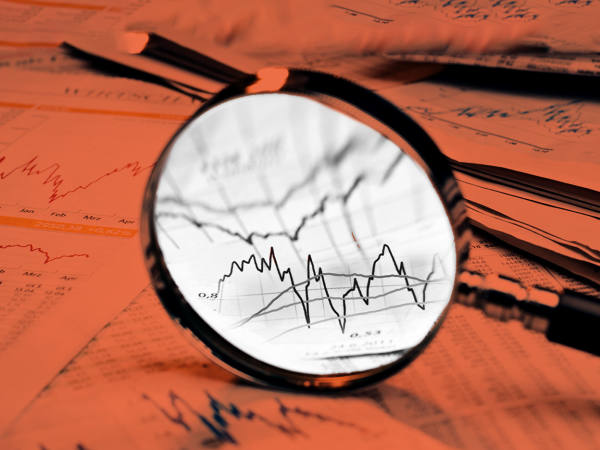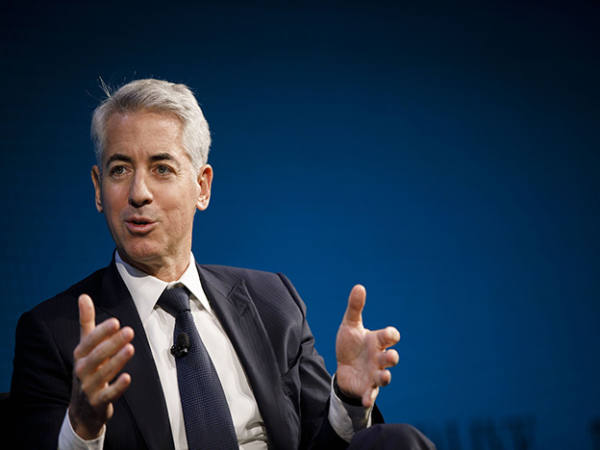- Financial losses are a kind of grief
- Lessons for investors’ losses
- Lots of idea-generating content
For global equities, 2022 has been the worst start to a year this century. The MSCI World Index, a basket of large and mid-cap stocks across 23 developed markets, is down 16.8 per cent – worse than the routs at the same point in 2002, 2020 and even 2008.
If the scale of the sell-off has been an outlier, the way it is described feels familiar. Typically, we talk of crashes as pain to be swallowed. For investors, 2022 will be 'one to forget' and 'move on' from.
Given such experiences are collective and hard to avoid, such language is understandable. But that doesn’t make it useful. Might it be more helpful to think of financial loss as a kind of grief, instead?
Let me explain. Although we often associate grief with the death of a loved one or familial trauma, abrupt negative changes in our personal finances often bring about similar emotional responses. And while there is nothing universal about the experience of loss, looking for the classic signs of anguish can help us if we want to eventually process the pain – rather than just swallow it.
Consider, for example, how some common reactions to grief, such as aversion to discussing a loss, focusing on only the negative or positive, or fear of the future and exposure to repeated losses, mirror the way you might impulsively handle a sharp sudden drop in the value of your portfolio.
Future expectations, as many are now discovering, can require rapid, vertigo-inducing adjustments. One problem with the recent rise in inflation is that it has very quickly added 10 per cent in real terms losses to all assets. Loss heaped on extra loss can come as a shock.
Indeed, there’s nothing abnormal about stronger feelings or behavioural changes when financial loss hits. Reduced concentration, a sense of numbness, disrupted sleep, changed eating habits, and seesawing emotional energy, are – as with other forms of grief – not uncommon. Withdrawing, ignoring the issue or wishing it went away, are all real responses, too.
But when it comes to money, our urge to endlessly imagine other potential past paths and 'if onlys' is often all the greater, because at some point it was in our hands to prevent the loss. For some, this is the hardest element of financial grief to navigate. Because we each ultimately bear responsibility for our capital, the shock of loss can be compounded by the guilt of having made mistakes.
At least staying in cash, you torture yourself, would have preserved some value.
Worse still, the cold world of markets doesn’t make much room for the grieving process. Your investment platform likely doesn’t offer emotional support when your portfolio value drops 30 per cent in three months. Those we would normally consider confidantes on most personal matters may struggle to understand, especially if they do not invest, or equate all investing with gambling.
Indeed, it is bear markets which reveal the moral dimension to risk. Blessed with hindsight or cynicism, financial commentators are quick to heap scorn on feckless, speculative investments gone awry. Admonishment is even there within groups of risky asset owners: many bitcoin HODLers (those who 'hold on for dear life') mock any doubter who sells at a loss.
As with human loss, there are no quick fixes to financial grief. And as the literature on bereavement attests, time may lessen acute pain, but it doesn’t heal all wounds.
However, the history of finance firmly suggests that with time, well-diversified stock portfolios do recover. Despite occasional bouts of acute pain, it is worth staying the course. Living with and accepting the fear of probable loss is a first step all investors must take, and it is among the hardest.
Still, when it gets tough, always remember that it’s also good to talk.










